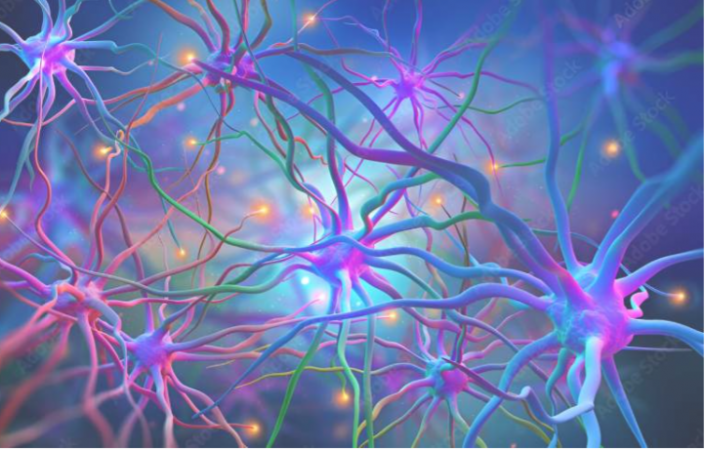
AI is predicted to revolutionize healthcare and digital life by 2035, with applications in medicine and nutraceutical research. Large Language Models (LLMs) are being used to answer medical questions and assess mental health. However, concerns about job displacement, increased inequality, and potential misuse of AI have been raised. The future of AI is promising, but requires careful navigation to balance benefits with potential risks.
Artificial Intelligence (AI) has been a hot topic among experts, with significant changes predicted in digital life by 2035. These changes are expected to bring about improvements in various sectors, including health care, education, and environmental sustainability. However, these advancements are not without concerns about the overall well-being of individuals and society.
AI has shown promise in the medical field, particularly in answering medical questions and assessing mental health. Large Language Models (LLMs) have been used to answer medical questions, demonstrating the potential of AI in medicine. These models can recall medical facts, manipulate expert knowledge, and even comprehend research. This approach has been used to assess age differences in the reporting of mental health issues, providing crucial information before in-vitro investigations.

In the treatment of depression, electroconvulsive therapy (ECT) has been studied extensively. ECT has been shown to produce volume increases in various cortical and subcortical regions of the brain. The E-field induced by ECT can be quantified to assess its relation to other measures such as neuroplastic and clinical outcomes.
AI has also been used in the field of nutraceutical research. Molecular Docking, a technique that predicts the interaction between a small molecule and a protein at the atomic level, has been used to authenticate the molecular targets of nutraceuticals in disease management. This technique has been instrumental in understanding the interaction between nutraceuticals and their molecular targets, paving the way for more effective disease management strategies.
However, the use of AI and its applications are not without concerns. Experts have expressed concerns about the darker sides of these developments. For instance, the widespread use of AI could lead to job displacement, increased inequality, and even threats to democracy. There are also concerns about the potential misuse of AI by malicious actors, leading to cyber-attacks, misinformation campaigns, and other forms of exploitation.
In the past, similar concerns have been raised with the advent of new technologies. For instance, the introduction of the internet brought about concerns of privacy, security, and the digital divide. Similarly, the industrial revolution led to concerns about job displacement and increased inequality.
In conclusion, while AI and its applications bring about significant changes and potential benefits, they also come with concerns about the overall well-being of individuals and society. As we move forward, it is crucial to balance the benefits of AI with potential risks, ensuring that the technology is used responsibly and ethically. The future of AI in healthcare and digital life is promising, but it requires careful navigation to maximize its benefits while minimizing potential harm.

















